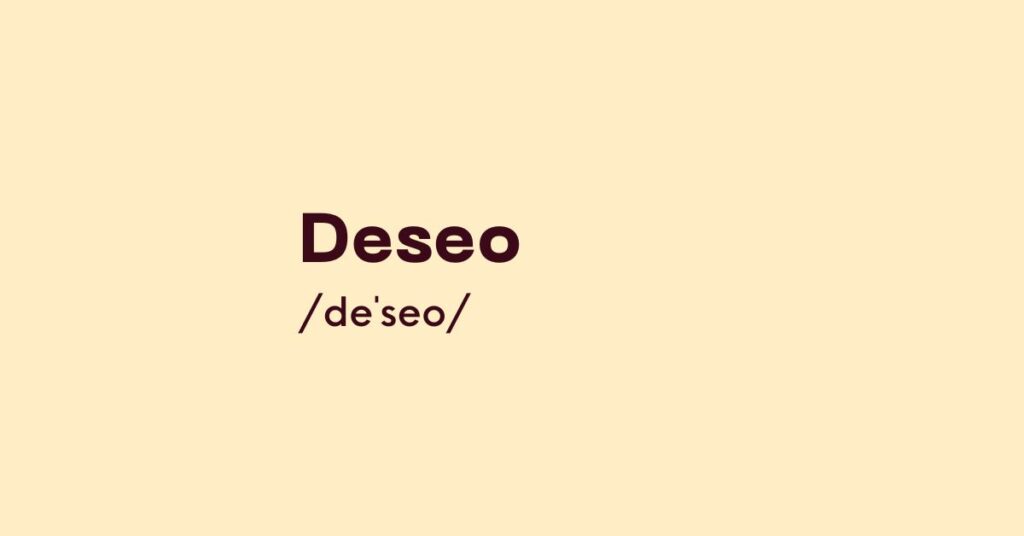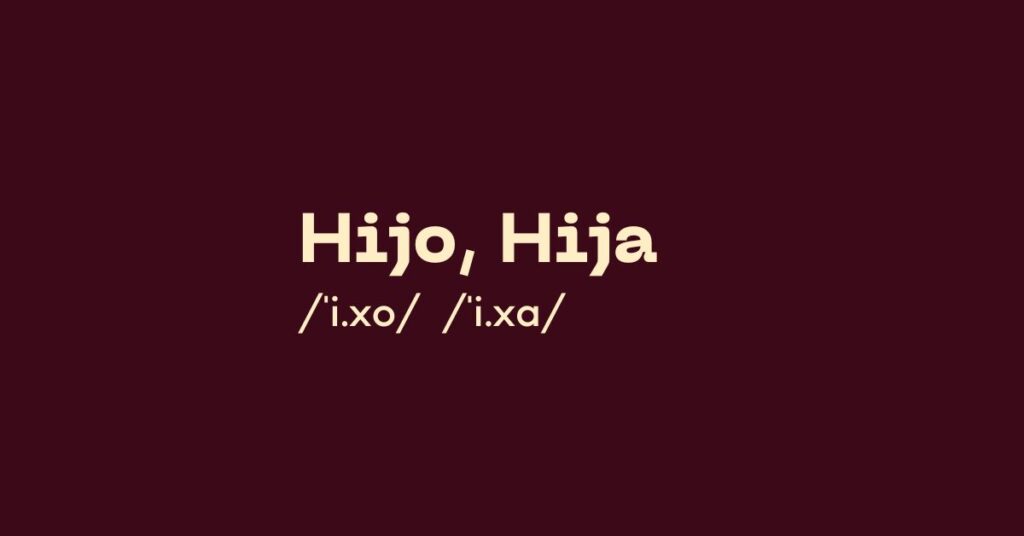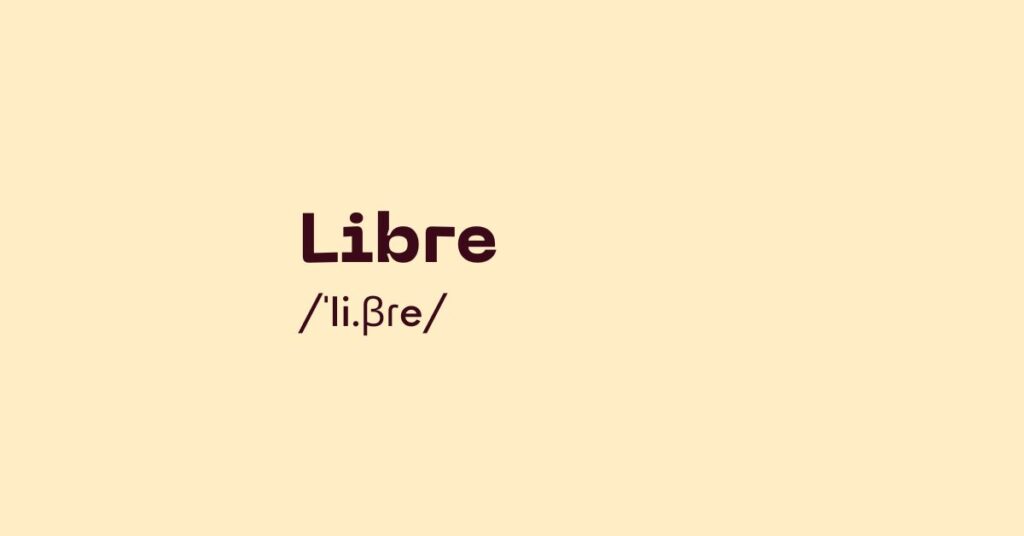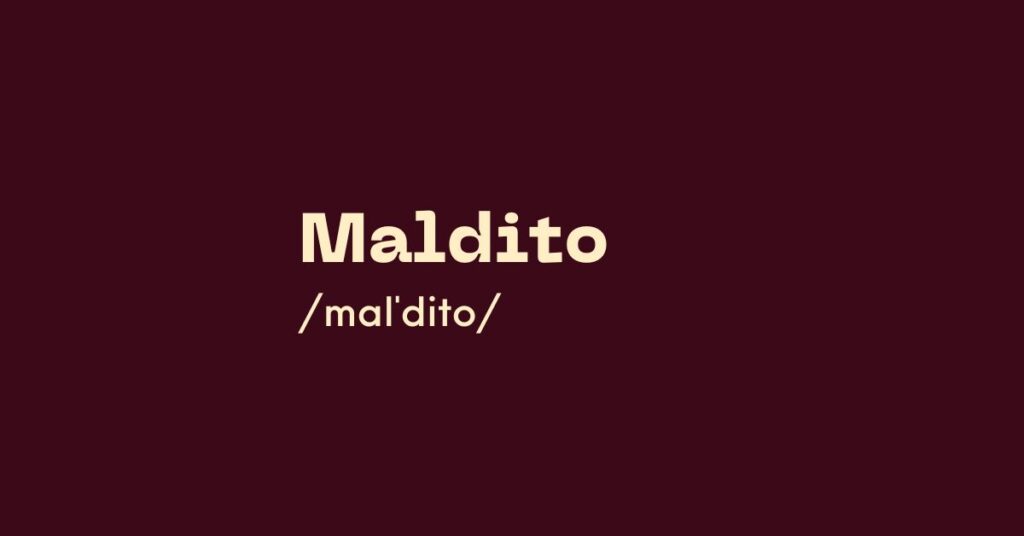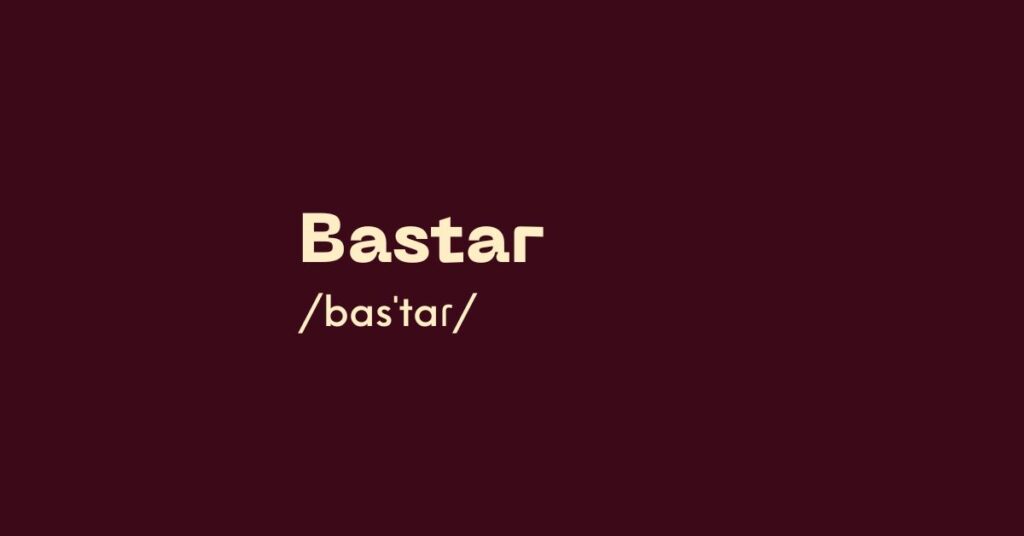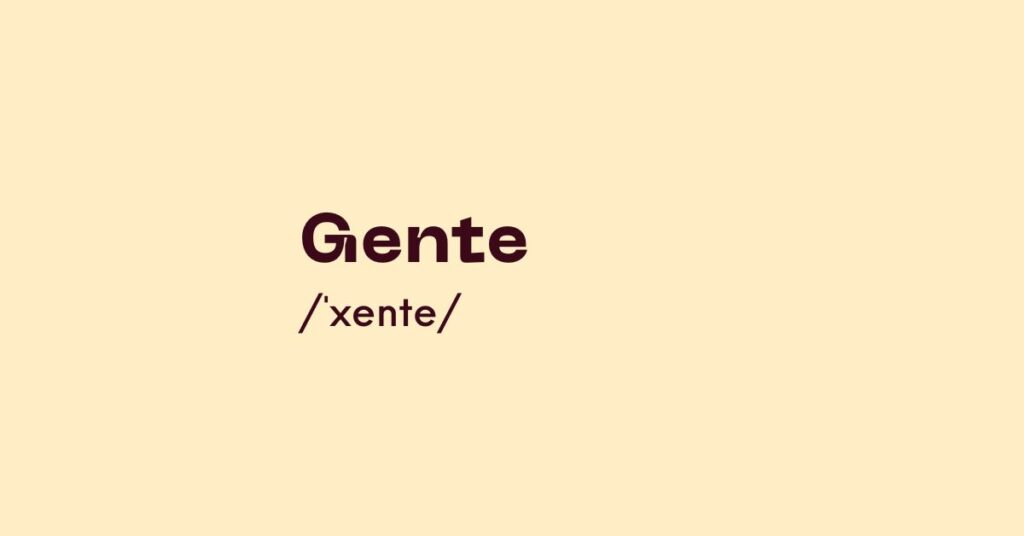Deseo
Today’s Spanish word of the day is “deseo”. It’s a masculine noun meaning “desire” or “wish”. The word comes from Latin desidium, which referred to an erotic desire. However, the modern-day Spanish word “deseo” can refer to all kinds of wishes and desires, not just those of an erotic nature! Example sentences El genio preguntó: […]
